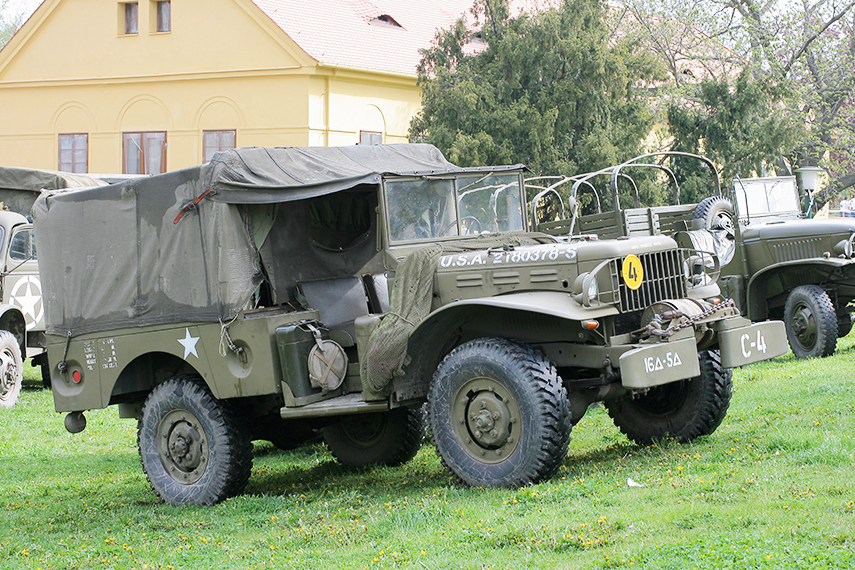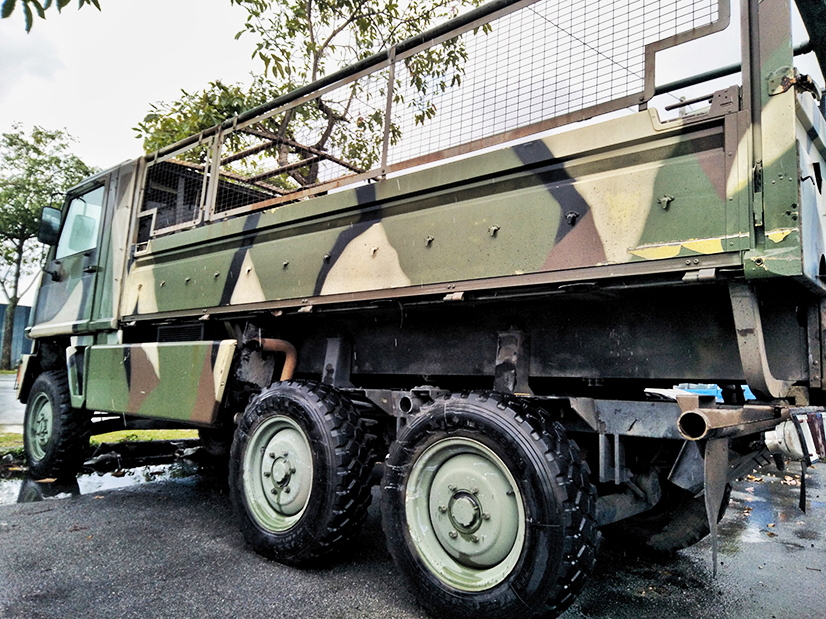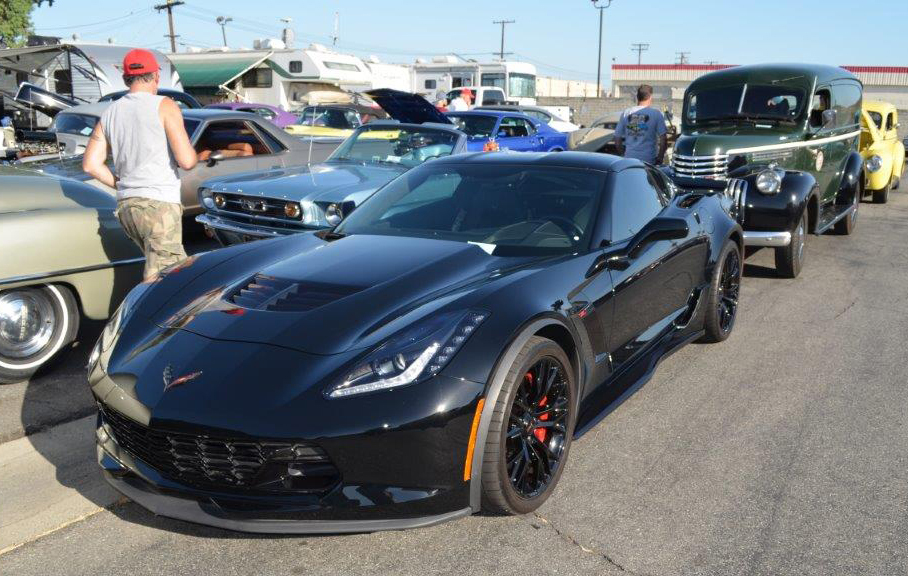States Spearhead Surplus Vehicles and Single Plates
As state lawmakers have convened to begin their 2019 legislative sessions, a series of primarily pro-hobby bills have been introduced on two automotive subjects: military surplus and license plates. SAN knows that these topics have become familiar in recent years—gaining popularity in jurisdictions around the country. At the time of publication, the following proposals are in the early stages of consideration by their respective legislatures. For the latest updates on these and other current initiatives, visit www.semaSAN.com/alerts.
Military Vehicles

Former military surplus vehicles are experiencing a growing interest among enthusiasts. Bills aimed at them are usually designed to create a permanent titling and registration process. In a given state, these increasingly beloved machines are uniquely defined and are often not currently authorized for use on public highways. SEMA supports the term “military surplus vehicle” to mean a wheeled, multipurpose or tactical vehicle including trailer, that was manufactured for military use by or under the direction of the U.S. Armed Forces or Armed Forces of any other country and was subsequently authorized for sale to civilians. When approved, these laws recognize the important historical and patriotic purpose of these vehicles.
Colorado: Legislation has been introduced in the Colorado Senate to create a process for the titling and registration of “demilitarized motor vehicles.” The bill defines a demilitarized motor vehicle as a vehicle purchased for nonmilitary use that was commonly used by the U.S. Armed Forces to transport persons or property over the highway. Currently, such vehicles are not allowed to be registered or titled for on-road use in the state.
Hawaii: Legislation has been introduced that allows for the titling and registration of “former military vehicles.” The bill defines a former military vehicle as a 25-year or older vehicle that is a “Pinzgauer,” “Kaiser Jeep M715,” “Humvee” or “DUKW.” Currently, “former military vehicles” are not allowed to be registered or titled for on-road use in the state.
Minnesota: House and Senate counterpart legislation has been introduced to aid in the registration of certain decommissioned military vehicles as standard motor vehicles.

Nebraska: Legislation has been introduced to create a process for the titling and registration of “former military vehicles.” The bill defines former military vehicle as a vehicle that was manufactured for use in any country’s military forces and is maintained to accurately represent its military design and markings, regardless of the vehicles size or weight, but is no longer or never was used by a military force.
Washington: Legislation has been introduced to allow for the registration of military surplus vehicles. “Military surplus vehicle” is defined as a vehicle that is not operated using continuous tracks, was originally manufactured and sold directly to the armed forces of the United States and is no longer owned by the U.S. Armed Forces.
West Virginia: Legislation has been introduced to allow for the registration of military surplus vehicles. This legislation is a version of SEMA military vehicle model legislation. Separate legislation to provide antique military vehicles an exemption from the requirement to display license plates was also introduced. The bill creates an alternative registration insignia that does not interfere with the traditional military markings on the vehicle.
Single License Plates

Bills in favor of a single, rear-mounted license plate requirement continue to represent a trend. For governments, these are often an attempt by states to save money and conserve resources. Those with a personal interest in cars and trucks generally support these efforts. Among the styles included are antiques, street rods, customs, replicas, exotics, sports cars, reconstructed and others. After all, owners are spared the burden of having to create mounting holes on some original and fabricated bumpers and the aesthetic contours of collector vehicles of all ages are preserved. In addition, states have found that instituting specialty plates can offer reasonable and voluntary means to generating new revenue.
Connecticut, Illinois, Iowa, Nebraska, New Hampshire and Texas: Legislation has been introduced to require the issuance of only a single license plate for all motor vehicles.
New Mexico: SEMA-opposed legislation has been introduced to require registration plates on the front and back of all motor vehicles. Under current law, all motor vehicles in the state are only issued a single plate. A similar legislative proposal failed to be approved after enthusiast opposition in 2018.
West Virginia: The state already requires only a single, rear-mounted license plate. Legislation was introduced to provide for special plates for use on collector vehicles and allow for the transfer of these plates between the collector vehicles owned by an individual. A similar version of this bill failed to be passed during the previous year’s legislative session.
